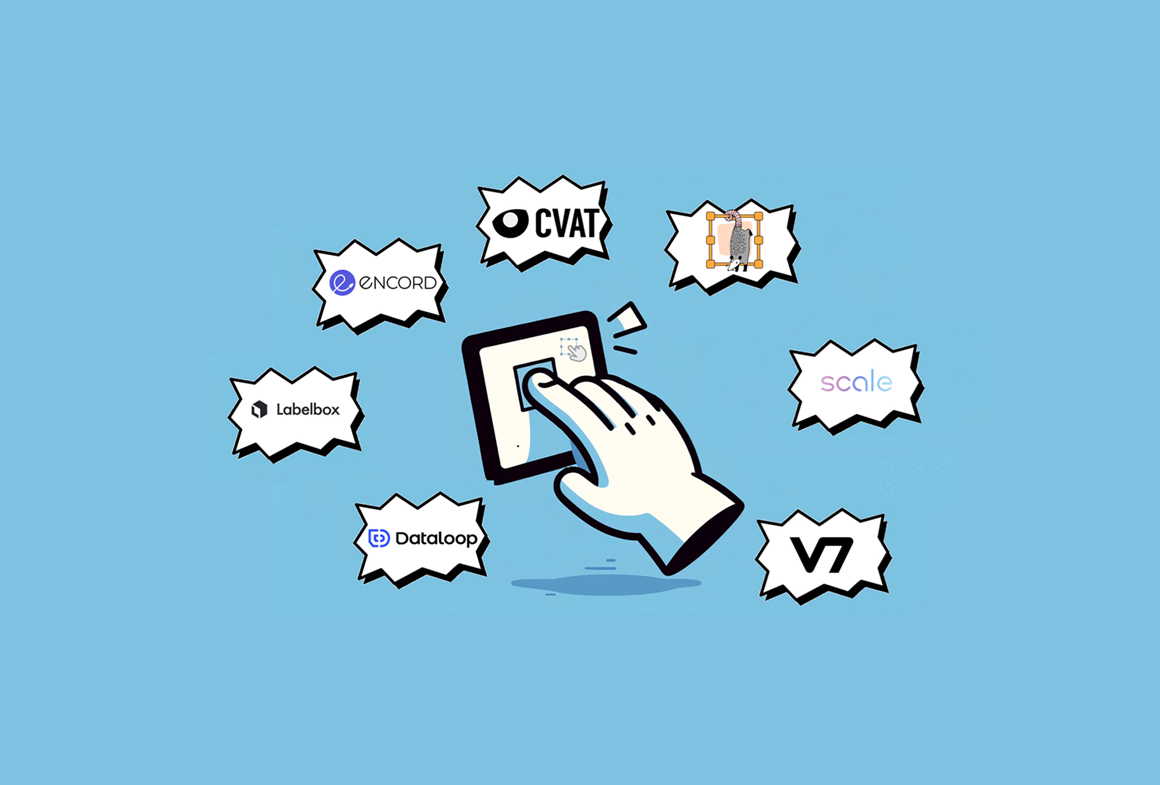Invoice labeling: optimize your process with supervised learning

Annotate your invoices to optimize your issuing and collection processes: what's at stake?
When it comes to managing invoices in a company, the task can quickly become complex and tedious. That's where artificial intelligence and supervised learning come in. By using these advanced technologies, you can automate and optimize the invoice labeling process, enabling you to gain in efficiency and accuracy. In this article, we explore how artificial intelligence and supervised learning can help you label your invoices faster and more accurately. For ever more efficient processes!*
What is invoice labelling?
Invoice labeling is the process of categorizing and 🔗 classification of the various items of information present on an invoice, such as supplier, date, amount, etc. This step is essential for organizing and processing invoices efficiently in the company's management system. Note that this article and the principles it describes can be applied to other textual sources, such as pay slips or newspaper articles.
Artificial intelligence for invoice labelling :
The use of artificial intelligence in invoice labeling offers many advantages. Using supervised learning algorithms, AI can analyze large amounts of data to identify specific patterns and characteristics in invoices. This enables the creation of classification models capable of automatically labeling invoices accurately and consistently.
Supervised learning stages
Supervised learning is a machine learning technique used to train AI models in invoice labeling. Here are the key steps in this process:
1. Data collection
Gather a set of representative invoices to serve as training data for your AI model.
2. Data annotation
Manually label invoices in your training dataset by specifying the relevant categories (supplier, date, amount, etc.).
3. Model training
Use annotated data to train the AI model to recognize the patterns and characteristics associated with each invoice category.
4. Validation and adjustment
Evaluate the model's performance using a set of validation data, and make the necessary adjustments to improve its accuracy.
5. Production use
Once the template has been trained and validated, it can be used to automatically label new invoices entering your system.
Benefits of using AI to label invoices
Introducing AI into the invoice labeling process offers a number of advantages:
1. Saves time
Automated invoice labelling considerably reduces the time needed to process each invoice manually.
2. Greater precision
AI models trained with supervised learning are able to label invoices with high accuracy and consistency.
3. Scalability
AI can handle a high volume of invoices, making it easier to manage workflows and optimize collection processes.
4. Error reduction
By avoiding human error when manually labeling invoices, AI helps minimize processing errors and problems associated with misfiled invoices.
Choosing the best invoice labeling tool to train your templates: which options for annotating your data?
When it comes to labeling invoices, it's essential to have the right tools to optimize the data handling process. Fortunately, today there are several advanced software solutions specifically designed for annotating images or text, including invoices in any format (PDF, Word, PNG or JPG, etc.).
Here is a list of the main labelling tools on the market and used by Data Scientists for Use Cases associated with invoice labelling in companies:
Label Studio
A flexible, customizable solution for creating specific labeling tasks for invoices. This tool lets you create annotation schemes tailored to your needs, and customize categories and attributes for each invoice.
Prodigy
A versatile data labeling tool that can be used to annotate invoices. It offers advanced features such as team collaboration, integration with machine learning models and interface customization.
Doccano
An open-source data labeling platform that can be used to annotate invoices. It features a user-friendly interface and supports text labeling, offering flexibility to adapt categories and attributes to your needs.
Tagtog
An online data labeling tool that can be used to annotate invoices. It enables the creation of customized annotation schemes, and offers team collaboration features to facilitate the labeling process.
Snorkel
A machine learning platform that can be used for semi-automatic invoice labeling. It enables rule-based labeling models to be created to generate initial annotations, then refined with the help of human annotators (also known as "Data Labelers").
KiLi
A powerful, user-friendly tool for labeling data, including invoices. It supports image and text labeling, offering an intuitive interface for quick and efficient annotation of invoices.
Amazon SageMaker Ground Truth
An Amazon Web Services (AWS) service specially designed for data labeling. It offers advanced features for invoice labeling, including automated labeling and quality review.
Conclusion
Invoice labeling is an essential process for the efficient management of financial documents within a company. Thanks to artificial intelligence and supervised learning, you can automate this process, improve accuracy and save time. By harnessing these advanced technologies, you can optimize your processes, reduce errors and focus on higher value-added tasks. Would you like to find out more? Don't hesitate to contact Innovatiana if you have any questions about your use cases!





